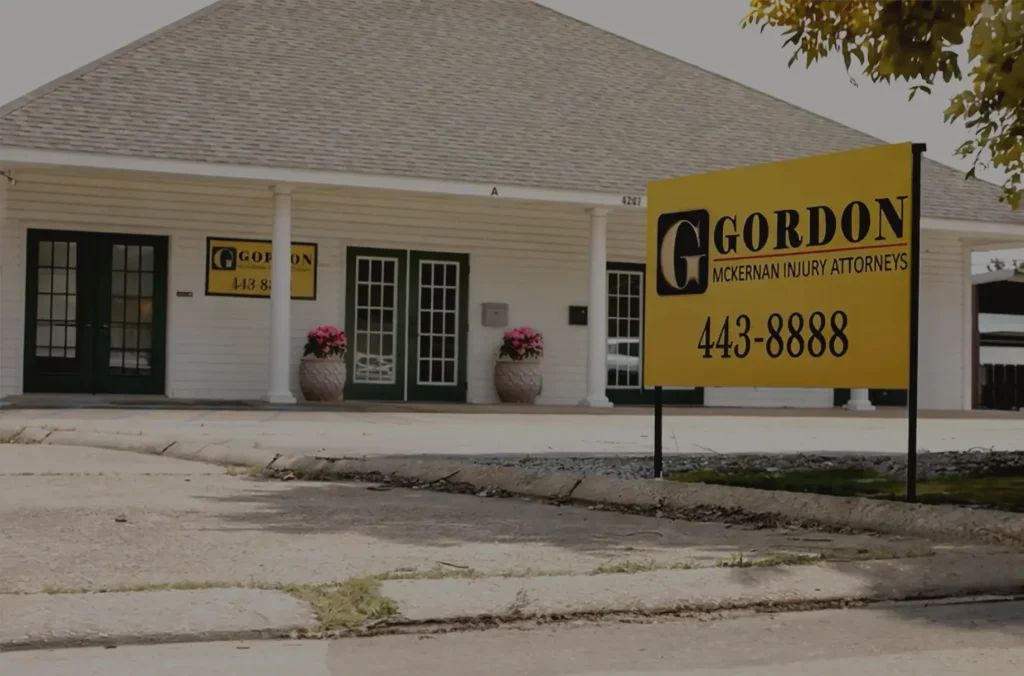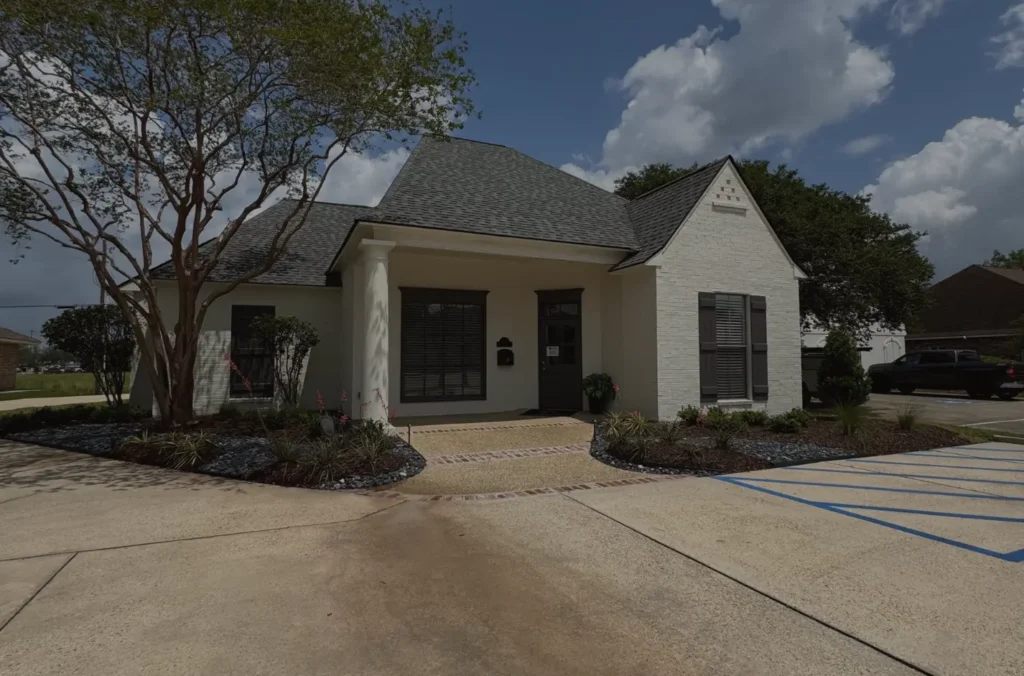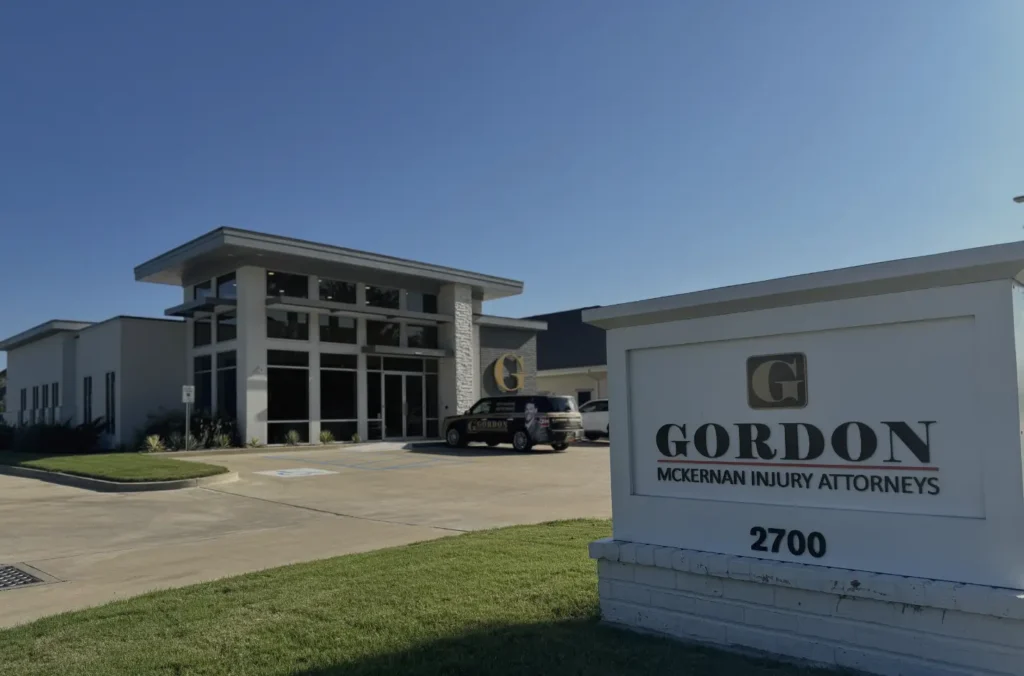6 Common Types of Brain Injuries
In this Article:
- What Causes Common Brain Injuries?
- 6 Common Brain Injuries Worth Noting
- What are Acquired Brain Injuries?
- What to Do If You’re the Victim of a Brain Injury
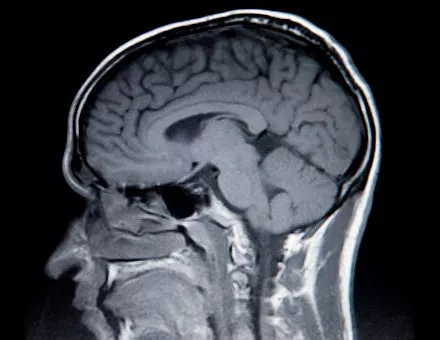
A brain injury is one of the worst injuries anyone can suffer. If you or a loved one has suffered a brain injury, you could be facing years of therapy, expensive medical treatments, and a decreased quality of life.
At our law firm, we have more than one brain injury lawyer on standby. Even better, each one has successfully handled many brain injury cases. If you or someone you know has suffered a brain injury due to neglect, give us a call.
Furthermore, before meeting with us for a free consultation, we encourage you to continue reading. Below you’ll find noteworthy information regarding common types of brain injuries.
Continue reading below for more information.
What Causes Common Brain Injuries?
First of all, what can cause common brain injuries? Well, a variety of accidents, negligent acts, and assaults can cause a brain injury including
- Medical malpractice, including incorrect medication or dosing, mistakes during surgery, or misusing medical techniques
- Traffic accidents caused by drunk drivers, distracted drivers, semi trucks, aggressive drivers, and others
- Assaults, such as domestic violence, violent crimes, and shootings
- Slip-and-fall injuries
- Blows to the head
- And others
Furthermore, it’s worth knowing who is more likely to suffer a brain injury. For instance,
Older Adults (Aged 65 and older):
- Adults in this age group face the highest risk of hospitalization and death from TBI, primarily due to falls.
Gender Disparity:
- Across all age groups, men have higher rates of severe TBI compared to women.
- Men are more likely to be hospitalized and are nearly three times more likely to die from TBI than women.
6 Common Brain Injuries Worth Noting
Here are 6 of the most common types of brain injury experienced during personal injury accidents:
1. Concussion
A concussion is the most common type of brain injury, occurring hundreds of thousands of times a year across the country. Also called mild traumatic brain injuries (mTBI), concussions can still lead to serious health issues and pain.
Concussions are generally caused by a blow to the victim’s head. They can bring on symptoms such as nausea, vomiting, headache, ringing ears, and blurred vision. Concussions are commonly caused by car accidents, when the head hits a hard surface inside the car.
Repeated concussions can lead to a condition called chronic traumatic encephalopathy (CTE). This condition causes changes in mood and personality, dementia, and finally death.
2. Brain Contusion
A contusion is simply the medical term for a bruise, so a brain contusion is a bruise on your brain. Brain contusions tend to be caused by a blow to the head or a sudden jolt. Causing your brain to hit the inside of your skull.
Most contusions heal on their own, but they can cause much more serious conditions like blood clots or bleeding. Contusion symptoms are generally similar to those of a concussion: nausea, blurred vision, vomiting, a headache, and the like.
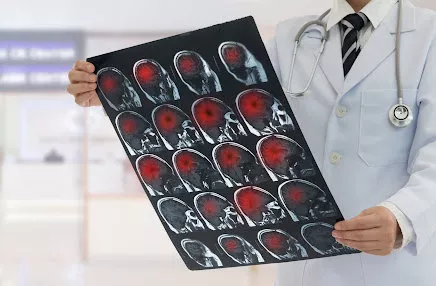
3. Diffuse Axonal Injury
During traumatic accidents such as car accidents, the brain can be forcefully thrown back and forth. So quickly that the structure connecting the brain to the spinal cord tears. Damaging the brain’s connection to the rest of the body.
This is a diffuse axonal brain injury. It’s a severe form of concussion that can lead to seizures, migraines, memory loss, and collapse.
In severe cases, diffuse axonal injuries can cause coma or even death. However, even relatively minor injuries of this type require extensive therapy and rehabilitation to recover function.
4. Brain Penetration
An object that penetrates the skull and brain can lead to severe bleeding, a lack of oxygen, severe brain damage, and death. Penetration injuries are easy to identify: any blood oozing from the head can indicate the brain has been penetrated. Other symptoms include heavy blood loss, exhaustion, and difficulty breathing.
If you’re in a car accident and one of your companions has suffered a brain penetration injury, do not try to remove the object lodged in the skull. Removing the object can worsen the bleeding or damage the brain further, so it should be left to trained medical professionals.
Even if a victim survives brain penetration, they can still require repeated surgeries, high doses of antibiotics, and ongoing therapy to restore brain function.
5. Coup-contrecoup Injury
Coup-contrecoup injuries are so-named because the brain is injured in two places. The site of impact (coup) and the opposite side (contrecoup). Coup-contrecoup injuries are often caused by high-force impacts to the skull. As a result, the brain slams onto the opposite side of the head.
Accidents causing coup-contrecoup injuries include car accidents, blows to the head, falls, assaults, and other acts of violence.
Due to the intensity of coup-contrecoup injuries, symptoms can be severe and long-lasting. Survivors generally require intensive ongoing therapy and other expensive treatments. Although prognosis depends on impact site and severity, victim age and brain health, and other factors.
6. Secondary Brain Injury
Also called acquired brain injuries, these are injuries that aren’t caused directly by the trauma of the accident. Secondary brain injuries can be caused by blood loss, lung or rib damage, throat or chest complications, and more, including

- Aneurysm
- Carbon monoxide poisoning, lead poisoning, and exposure to other neurotoxins
- Drug overdose
- Electric shock
- Encephalitis
- Infectious disease
- Meningitis
- Metabolic disorders
- A prolonged period with insufficient oxygen, for example, while drowning, choking, or due to smoke inhalation
- Seizures
- Stroke
- Tumors
What are Acquired Brain Injuries?
In contrast to the other types of brain injury on this page, acquired brain injury is usually non-traumatic. Acquired brain injuries do not include those that are hereditary, congenital, degenerative, or caused by trauma during birth. These injuries tend to result in a change in the victim’s brain’s neuronal activity. This can affect the ability of nerve cells to properly function in the brain.
The risk of secondary brain injury is a major reason why you should seek medical attention after any kind of accident or injury. Some brain injury symptoms can take hours or even days to fully present themselves, at which point treatment won’t be as effective.
Any time you’ve been in a traumatic accident, you should see a doctor to be evaluated for symptoms of brain injury. It’s the best way to ensure your continued safety and health.
What to Do If You’re the Victim of a Brain Injury

If you’ve been the victim of a car accident, assault, shooting, slip-and-fall, or other traumatic injury, you should see a medical professional asap to receive a prognosis. Medical treatment for a brain injury can be extremely expensive, painful, and traumatic. Which is why if your injury was caused by someone else, you deserve compensation for your pain and suffering.
Call the experienced brain injury lawyers at Gordon McKernan Injury Attorneys for a free consultation about your injury and legal options. Our dedicated lawyers are ready to listen to your situation. Give us a call at 888.716.2572 today to begin your path to healing.

Office Locations
© 2025 Gordon McKernan Injury Attorneys.

